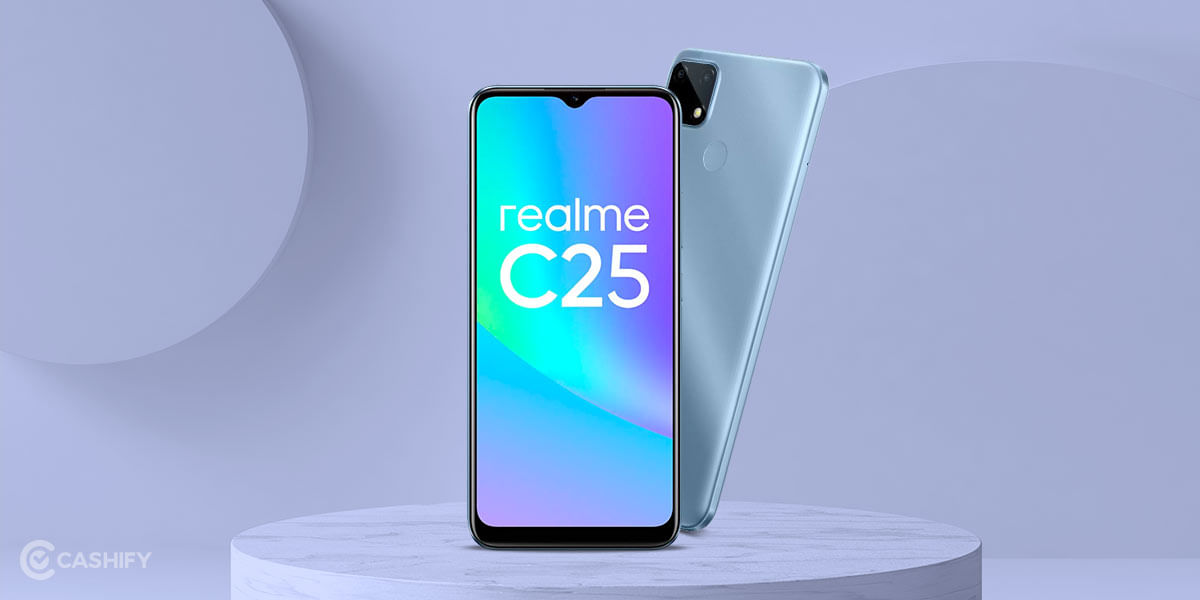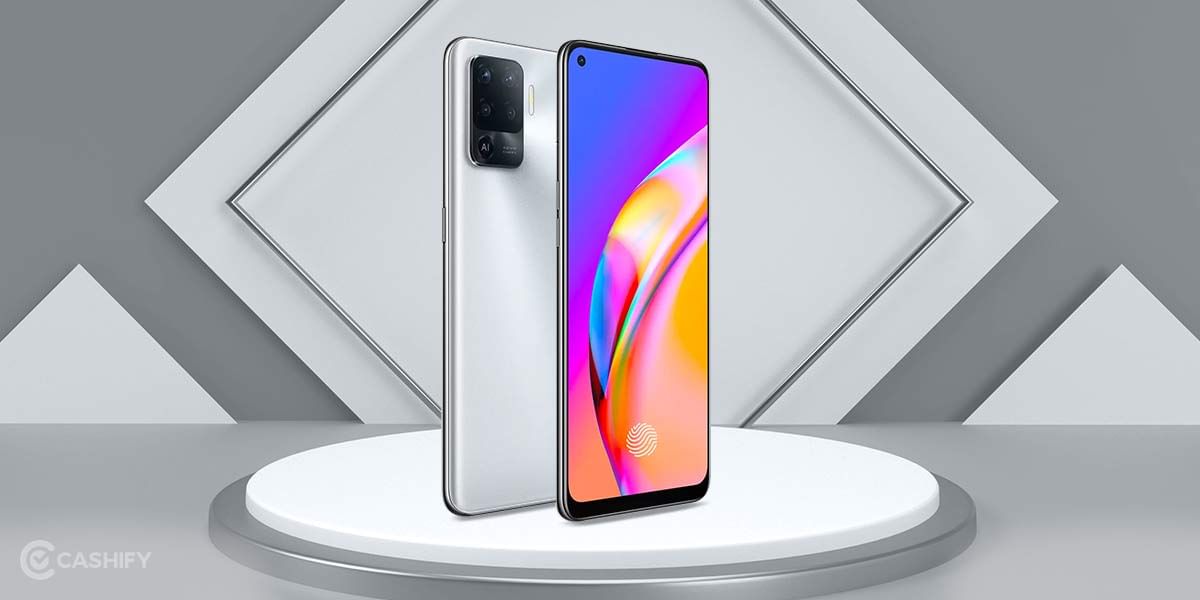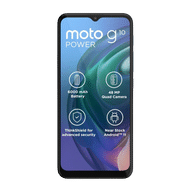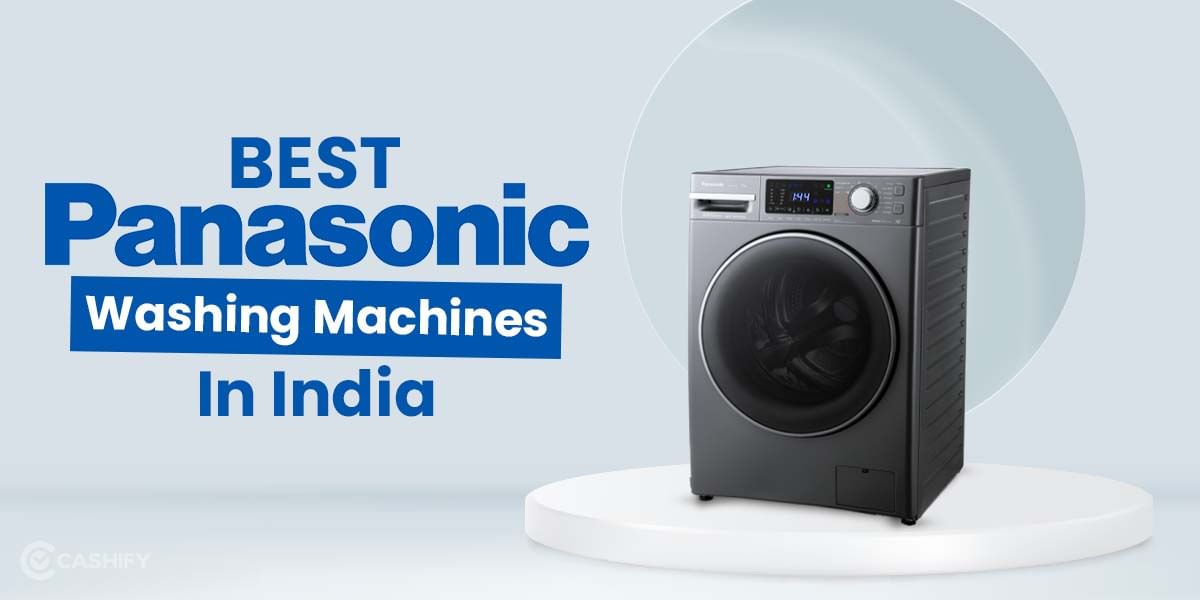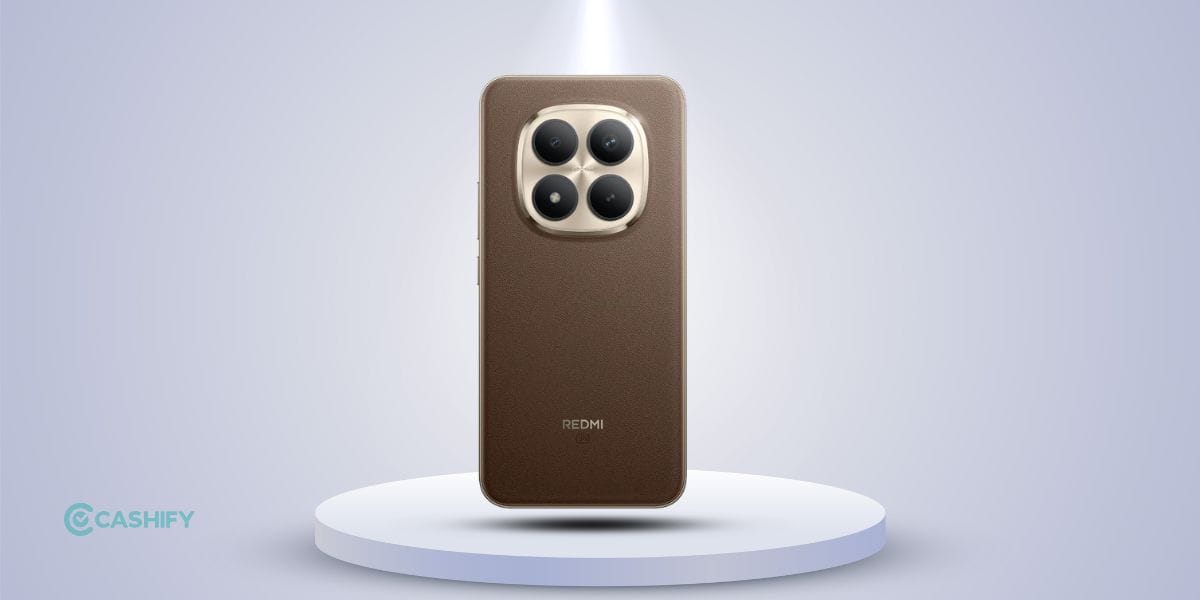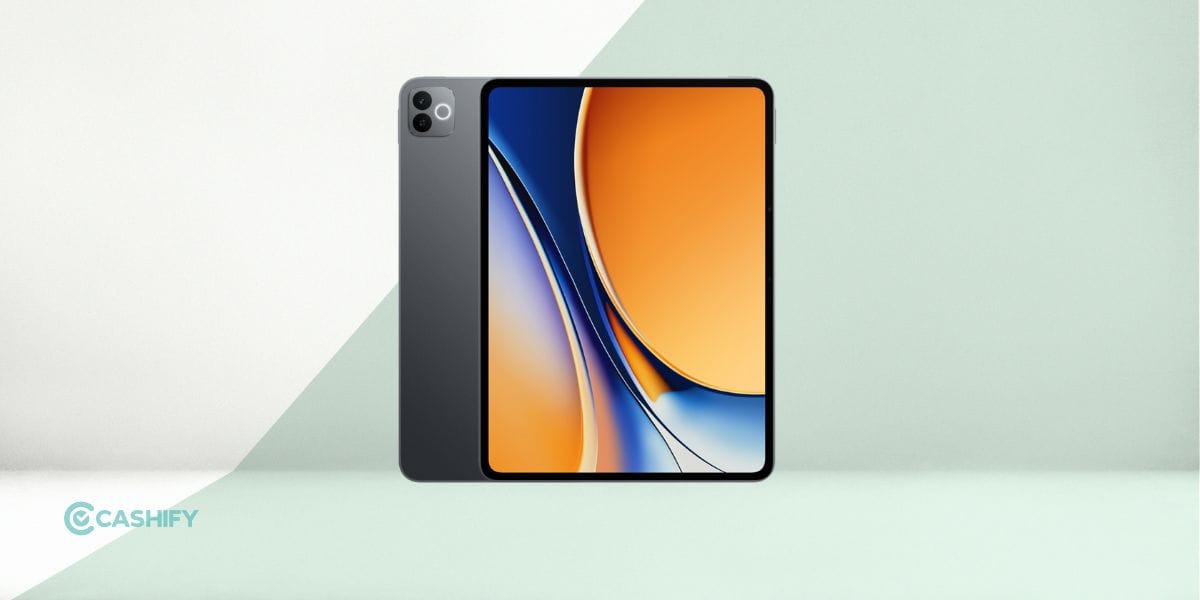Introduction
Motorola has upped its game releasing smartphones with a distinct nomenclature. Moto G10 Power is presumably the successor to the earlier G9 Power and offers a few better specifications here and there. This includes Android 11 software, a 48MP quad-camera setup, a decent display, and a distinct back panel, and more. The phone carries a price tag of Rs 9,999/-, so is it worth it?
Check Out: Recycle Your Old Phone, Get Rewarded!
Well, I went into overdrive testing the phone for a few days, and here’s what you should know about the Moto G10 Power before buying it.
Prices in India, Variants, Availability
Motorola Moto G10 Power is available in India in two colour options i.e. Aurora Grey and Breeze Blue and a single storage variant i.e. 4GB RAM and 64MP internal storage and it is available at Rs.9,999/-. Flipkart also has a tonne of other deals and discounts such as a No Cost EMI option or users can exchange their old smartphones and get up to Rs.9,350/- off on the purchase. Moto G10 Power is considered a better alternative to Moto E7 Plus.
Box Contents
If you are also tired of the standard usual box packaging by Motorola, we are in this together. The box contents of Moto G10 Power include:
- Moto G10 Power
- 20W wall adapter
- USB Type-C cable
- SIM ejector tool
- Documentation
Specs at a glance
Before we talk in detail about the Motorola Moto G10 Power, let’s see what the on-paper specs look like?
- Display: 16.54 cm (6.51 inch) Max Vision HD+ Display
- Processor: Qualcomm Snapdragon 460
- Storage: 4GB/64GB
- Software: Near Stock Android 11
- Rear cameras: 48MP + 8MP + 2MP + 2MP
- Selfie camera: 8MP
- Battery: 6000 mAh
- Weight: 220g
- Dimensions: 165.2 x 75.7 x 9.9 mm
Ordinary Design and Build
Motorola Moto G10 Power is an ordinary budget smartphone that often attracts a lower priority from the manufacturers. The front has a waterdrop-shaped notch housing a selfie shooter and the bezels around the edges are thick. It is a fact that budget smartphones have thicker bezels with a considerably thicker chin which is something you get with a phone on a budget.
The phone has a good build with a plastic back, plastic frame, and a glass front and has a water-repellent design.
Moving ahead, you get a rather different texture at the back. The back panel has a wave-like gradient texture that looks good but not something you would flaunt, be honest. The quad-camera setup is neatly placed on the top-left corner housing a rectangular camera bump. It doesn’t protrude much and rather has a tiny bump which is a great design choice made by Motorola here. But perhaps you will have to bear in mind that the phone is 9.9mm thick so that’s pretty much to hold.
Also Check: Sell Your Old Phone in 60 Seconds From Home
There’s a circular-shaped fingerprint scanner flushed with the back panel which is something Motorola has been packing for ages. Talking about the port placements, you will get a Type-C port at the bottom along with a bottom-firing loudspeaker and a primary microphone. On the right, you get a power button, a volume rocker, and a dedicated Google Assistant button if you keep on summoning the AI for your needs.
There’s a Dual SIM card slot on the left. Finally, there’s a 3.5mm headphone jack on top so you can connect your wired earphones/headphones. I am personally not fond of wireless earphones and would rather use a wired solution. Check out the Breeze Blue version to stand out.
Low Resolution Display Yet Great
You get a decent budget smartphone in the form of G10 Power although there are many cutbacks, shortcomings, and so on. The display has come down from 6.8-inch to 6.5-inch on-board G10 Power. The device uses an LCD panel with 720p+ resolution and an aspect ratio of 20:9. The bezels around the display are thick and that goes without saying.
The display quality is in line with the display technology used and can be lit well even on a sunny day but you won’t be able to use the phone in broad daylight to the lower brightness registered on the device. The display produces fine colours, colour reproduction is also fine, and the viewing angle is also good with G10 Power.
The device is Widevine L1 certified which makes it capable of streaming 1080p videos with ease. But hey, I just mentioned that the display is 720p+ so yeah, even if the system supports higher resolution for OTT platforms, the display cannot translate it, and thus, it caps it at 720p+ only.
There’s a Peek Display feature that mimics AMOLED’s Always-On-Display. Whenever you raise the phone or whenever it detects a motion, a clock will swing into action as well as some notification icons here and there. It is no doubt a good alternative to battery-consuming AOD. Always, since the display is smaller and capped at HD+ resolution, it does have a great impact on the battery life as it is now lengthened which is something I loved about the phone while disregarding the nominal screen resolution for some time.
Underwhelming Performance
On top of everything lies a Snapdragon 460 SoC made on an 11nm node. It is clocked at 1.8GHz and has an Adreno 610 GPU clubbed with 64GB storage and 4GB RAM. It is a considerable step down from G9 Power’s SD662 SoC and 128GB internal storage setup although the former attracts a much lower price tag.
You need to know that it is a budget phone so don’t expect it to perform well. Moto G10 Power won’t discourage you from using day-to-day apps and tasks such as calling, watching videos, playing music, or toggling between a few apps here and there. The chipset is underpowered and you will get to see that in many scenarios such as when multitasking or when playing graphics-intensive games like COD: Mobile. I would suggest clocking down to the lowest graphics settings unless you want the chipset inside the hood to burn up.
I felt that the phone gets a bit warm when playing games for some time but you can always play games in short bursts which is both good for the chipset and the battery as well. Many things come to the aid of the underpowered chipset such as sufficient storage and RAM as well as lack of bloatware and a stock Android UI. It does work fine unless and until subjected to intensive apps or tasks.
Software - This is Everything You Pay For
Moto G10 Power packs in Android 11 out-of-the-box. Unlike Realme and Xiaomi rivals, the Moto G10 Power has a stock Android 11 UI with a bunch of Moto Actions such as gestures. You can set up plenty of ways to launch apps/tools such as launching the camera, turning on and off flashlights, launching any other apps, and so on.
A Peak Display gives you an AOD-like display when not in use. It also has all the features from Android 11 such as Chat Bubbles, one-time permission handling, priority grouping, and more. You can freely customize the colours, fonts, icons, and the notification shade on your Moto G10 Power. Overall, it is a rich stock Android experience without much hassle of bloatware.
Cameras - The Power is Not Here
Specs-wise, the Moto G10 Power brings on-board a quad-camera setup with a 48MP primary sensor clubbed with 8MP ultra-wide sensor, a 2MP macro unit, and a 2MP depth sensor. Don’t expect the optics onboard the device to produce the shots possible. The front has an 8MP selfie shooter.
If you need a one-liner to define the quad-camera setup on-board Moto G10 Power, I would say that it is fairly average. It captures decent shots in daylight so you won’t find much hassle capturing still images in the daytime. The shots can be of lesser quality and details once you are indoors and the lighting condition drops.
Also Read: Top Camera Phones in India Right Now
The ultrawide snapper on your device can capture decent shots with a wider field of view so that you can capture a wider area than the primary camera. There’s no doubt that even though you can have the best camera sensors, it is not just the sensor but the underlying software that processes it is responsible for overall results as well. You do get decent and usable shots with the primary and the ultrawide snapper at daytime although zooming in or cropping would mean lesser details, sharpness, and noise.
The macro sensor onboard is usually used for capturing macro shots placing the camera just a few centimetres above it. You can still capture macro shots with the dedicated macro camera but some intrinsic and intricacies may not register well. Finally, it is the fourth depth sensor that works with the primary shooter to snag images with portrait effect.
Turn the phone and you get its 8MP front selfie shooter. Don’t expect it to have the best shots but what you get with it are usable shots if the lighting condition is adequate. Don’t expect it to result in quality shots at night although you will still get average images so don’t worry.
Moto G10 Power is capable of applying EIS while shooting videos using the rear camera. You also get HDR and Night Vision that favour the ideal lighting conditions as well. The chipset locks the video resolution to 1080p so there’s no 4K here.
Battery - All the Power is Here
There are many factors where the Moto G10 Power shines and the battery section is its USP and thus the moniker “Power”. Moto G10 Power packs in a hefty 6,000 mAh battery capable of producing a backup of around one or one and a half days with moderate usage and sometimes, you can stretch it more if you want. The lower resolution display and not-so-fancy chipset also chip in to elongate the battery life to some extent.
Read More: Affordable Mobile Battery Replacement at Doorstep
When it comes to charging, the phone is supplied with a 20W fast charging which for a budget phone, is worthwhile. But it would take a good 1.5 to 2 hours to charge the battery to its full capacity. But hey, it isn’t something that you will have to worry about since all its rivals have almost the same charging speed or a smaller battery so that balances the offsets in any.
Audio, Connectivity, Biometrics
Moto G10 Power has a mono bottom-firing loudspeaker that produces decent sound quality and it is loud. You won’t get stereo speakers set up at this price point but it works. The speaker mounted in the earpiece has decent sound quality when calling so you can use it without any hassle.
What’s more impressive about the connectivity features on Moto G10 Power is the inclusion of a top-mounted 3.5mm headphone jack. It also arrives with Wi-Fi 802.11 a/g/b/n/ac dual-band, Bluetooth v5.0 with LE and A2DP; multiple GPS systems support, a SUB Type-C 2.0 port, and FM radio.
Motorola Moto G10 Power arrives with a rear-mounted fingerprint scanner which is decent. It doesn’t unlock the phone as an OnePlus 9 Pro would do but that is because there is a 70K difference in its price tag. It does work fine so you don’t have to worry about using other techniques such as the PIN and Pattern lock as you can keep them as reserves if needed. The facial recognition system onboard is also a bit slower so choose which unlocking mechanism you would stick to for regular usage.
Pros & Cons
Pros
- Massive 6000 mAh battery
- 48MP Quad-rear camera
- Android 11 out of the box
- 6.5-inch HD+ Max vision display
- Fingerprint sensor
- IP52 water resistance
Cons
- Display with a 720-pixel resolution
- Not meant for gaming
Moto G10 Power targets a sweet spot of the price tag at Rs.9,999/- since most of us looking for a budget smartphone would search for “best phones under Rs.10,000/-”. Moto G10 Power is fairly average in many ways which also makes it have a tough fight against Poco M3, Realme Narzo 30A, and Xiaomi Redmi 9 Power. Anyways, the Android UI and the battery life are of course the jewels with the latter surpassing the performance of any of G10 Power’s rivals that arrive with heavier UI and bloatware.
Moto degraded the hardware of Moto G10 Power when compared to last year’s G9 Power while dragging the price down. It doesn’t bring any new design and the display has too thick bezels as well. Overall, I would suggest looking for alternatives and compare ‘em before buying the phone if your priority isn’t the battery or the Android UI. You will still get some better options if you pay attention to the chipset or display so choose wisely.


